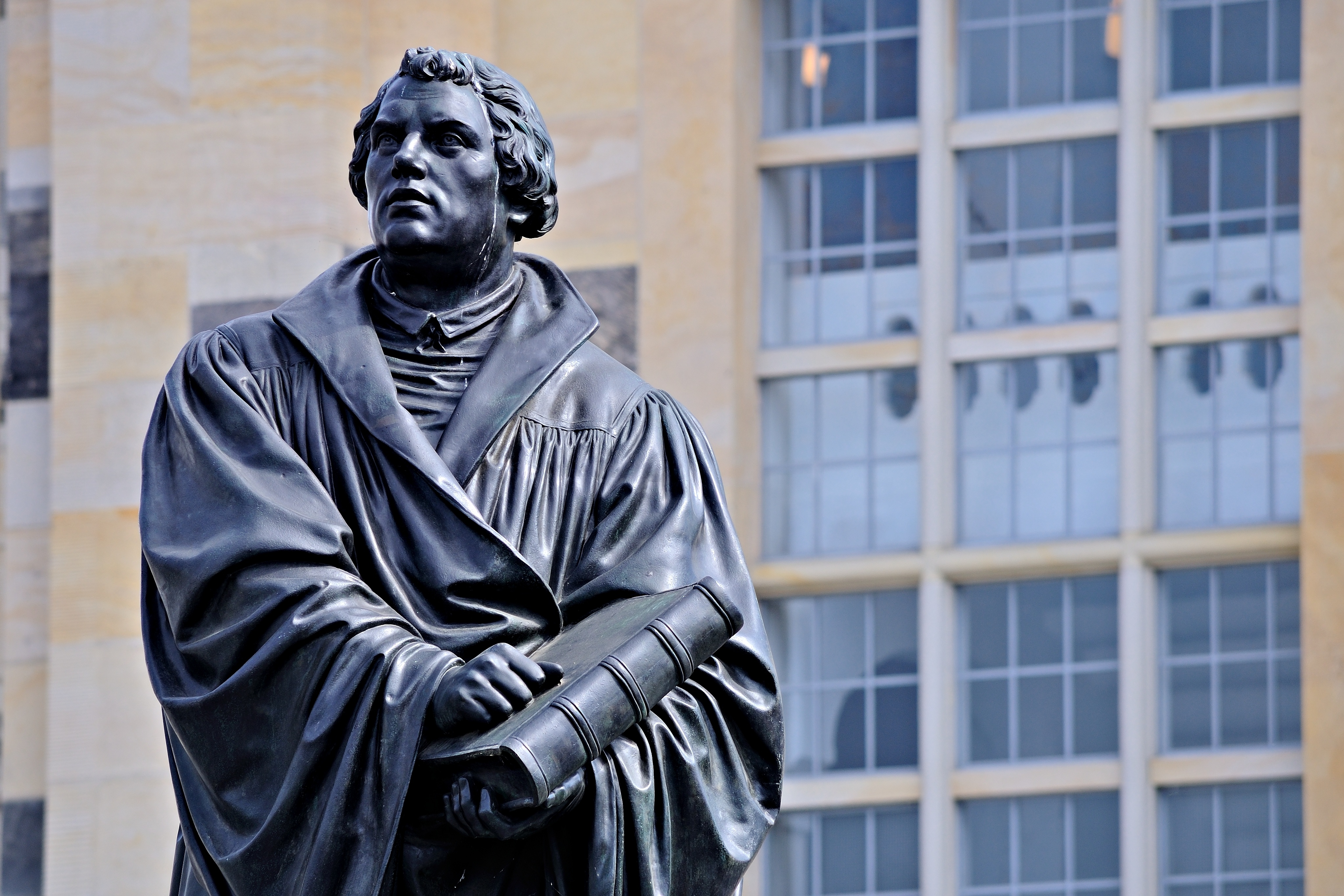
This year, 2017, we as a church have been commemorating the quincentennial of the Protestant Reformation, which many consider to have begun on October 31, 1517, when Martin Luther published his 95 Theses.
Many of our churches worldwide have held conferences and special meetings in celebration (including a few listed below). The subject of this quarter's Sabbath School Lesson is Justification by Faith to further study and better understand a driving topic of the Reformation. This year's Week of Prayer theme will also be the anniversary of the Protestant Reformation.
Do you know the significance of the Protestant Reformation and why it is so widely commemorated? Prior to the Reformation, the Bible was unavailable to all except a selected few. The masses were illiterate, the Bible was only available in ancient languages, and the few copies and translations of the Bible that existed were locked away and hidden. Martin Luther himself spent years as a student of theology in ignorance of the Bible's existence.
"Rome withheld the Bible from the people, and required all men to accept her teachings in its place. It was the work of the Reformation to restore to men the Word of God;" (The Great Controversy, p. 388).
Today we commemorate 500 years since God's Word was once again rediscovered and shared with the public. How fitting, then, that our celebration include an earnest study of His word, time and devotion dedicated to His precious gospel, and dedication in working out the prophecies included in His letter to us.
Five centuries ago, the world was dark. Is it much different today? In 2017 the Bible is given away, sold for pennies, available behind every bench in numerous churches, in drawers in many hotel rooms and for free online and in numerous phone apps. In Christian homes, there are often several copies in different translations. But how many are read? How many are studied?
"[Luther's] mind was starving for something sure upon which to build his hope that God would be his Father, and Heaven his home. The new and precious light which dawned upon him from the word of God, was of priceless value. He thought if he went forth with it, he could convince the world. He stood up against the ire of a fallen church, and strengthened those who with him were feasting upon the rich truths contained in the word of God," (Spiritual Gifts, p. 118).
Are our minds starving for the truth? Or are we distracted and absorbed with the temporal worries of this life? Are we in the company of others who are together with us feasting on the truths of God's word? Are we, like Luther, doing all we can to convince the world, standing up to error, and refusing to allow others to be fooled?
May God help us and instill in us the desire to search His word. Let us read and study. Let us be a light in this world of darkness while we can do so freely. Moments of greater darkness are before the world, yet let us take the light to as many as we can in order to hasten the Lord's coming. Let humanity not have the opportunity to commemorate another 500 years of the Reformation. Nay, not another centennial.
"He which testifieth these things saith, Surely I come quickly. Amen. Even so, come, Lord Jesus." Revelation 22:20.